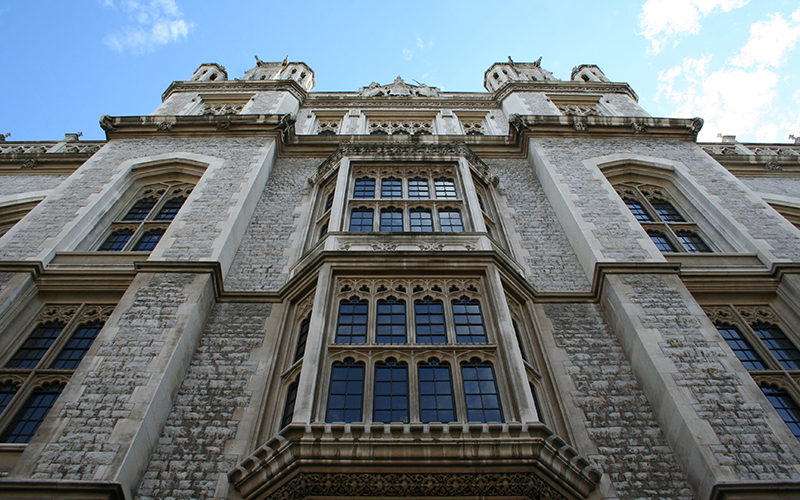King’s College London is investing £45.5 million in science research, education, and infrastructure. The investment will accelerate growth, interdisciplinary collaboration, and innovation across the core natural sciences of chemistry, biology, physics and mathematics.
King’s has a rich history of scientific breakthroughs, from discovering the structure of DNA at the intersection of biology and physics, to developing the theory of electromagnetism by bringing together theories of magnetism, electricity and light and conducting the world’s first human-to-human blood transfusion by applying scientific knowledge to medical interventions.
This new transformational programme of investment will expand King’s future-facing science education offer and advance synergies that connect the sciences, leveraging the breadth of the University’s expertise across health, the arts, law, technology, engineering and beyond to enhance teaching and drive research breakthroughs.
Professor Rachel Mills, Senior Vice President (Academic) and Professor of Ocean Chemistry at King’s College London, said: “King’s has been delivering groundbreaking science for almost two hundred years. Today, the world’s most pressing challenges demand science solutions that are not defined by traditional disciplines and that emerge from the intersection of current knowledge. Through this multi-million-pound investment programme, King’s will leverage its two-century legacy – building on the exceptional work of our world-class scientists – to power a new era of interdisciplinary science innovation that meet society’s ever-changing needs.”
Investing in research and talent
King’s is creating the conditions needed to stimulate new discoveries by appointing staff in both the core science disciplines and at disciplinary interfaces, providing the infrastructure for novel collaborations and incentivising research efforts that have the potential to change the world. A total of 64 new academic positions, as well as teams to support the delivery of education, technical services and research development, are planned to strengthen King’s scientific excellence.
Breakthrough interdisciplinary centres
King’s is launching high-profile interdisciplinary research centres in critical growth areas for the UK economy. This includes the newly launched Net Zero Centre and the Centre for the Physical Science of Life, alongside plans for new centres in Statistics and in Quantum Technologies. These new facilities will connect academic specialisms to enhance King’s response to major societal challenges, such as sustainability and healthcare fit for the future.
Boosting interdisciplinary science education
King’s new Natural Sciences degree, which welcomes its first cohort in September 2024, brings together the full spectrum of fundamental science subjects – biology, chemistry, physics, and mathematics. The unique undergraduate programme combines interdisciplinary scientific study with entrepreneurial training and professional development. Crucially, the degree will prepare students for a wide range of careers by developing problem-solving, innovation and creative and critical thinking skills. A complementary suite of MSc programmes aligned to our new research centres will launch in 2026.
State-of-the-art infrastructure
Through the investment, King’s is rapidly developing new laboratories and science teaching spaces to provide the high-quality, modern infrastructure and facilities needed to support science education and research across its central London campuses. This investment will position King’s as an international hub for scientific discovery and a nurturing ground for the next generation of science innovators and leaders.
Professor Mark French, Assistant Principal (Campus Futures), said: “This is an exciting time for science at King’s. We are driving forward an ambitious investment programme that will rapidly scale our science capabilities by strengthening our science education programmes, bolstering our research talent and transforming our facilities and infrastructure. This significant investment will deepen our academic excellence and propel innovation across scientific disciplines.”




